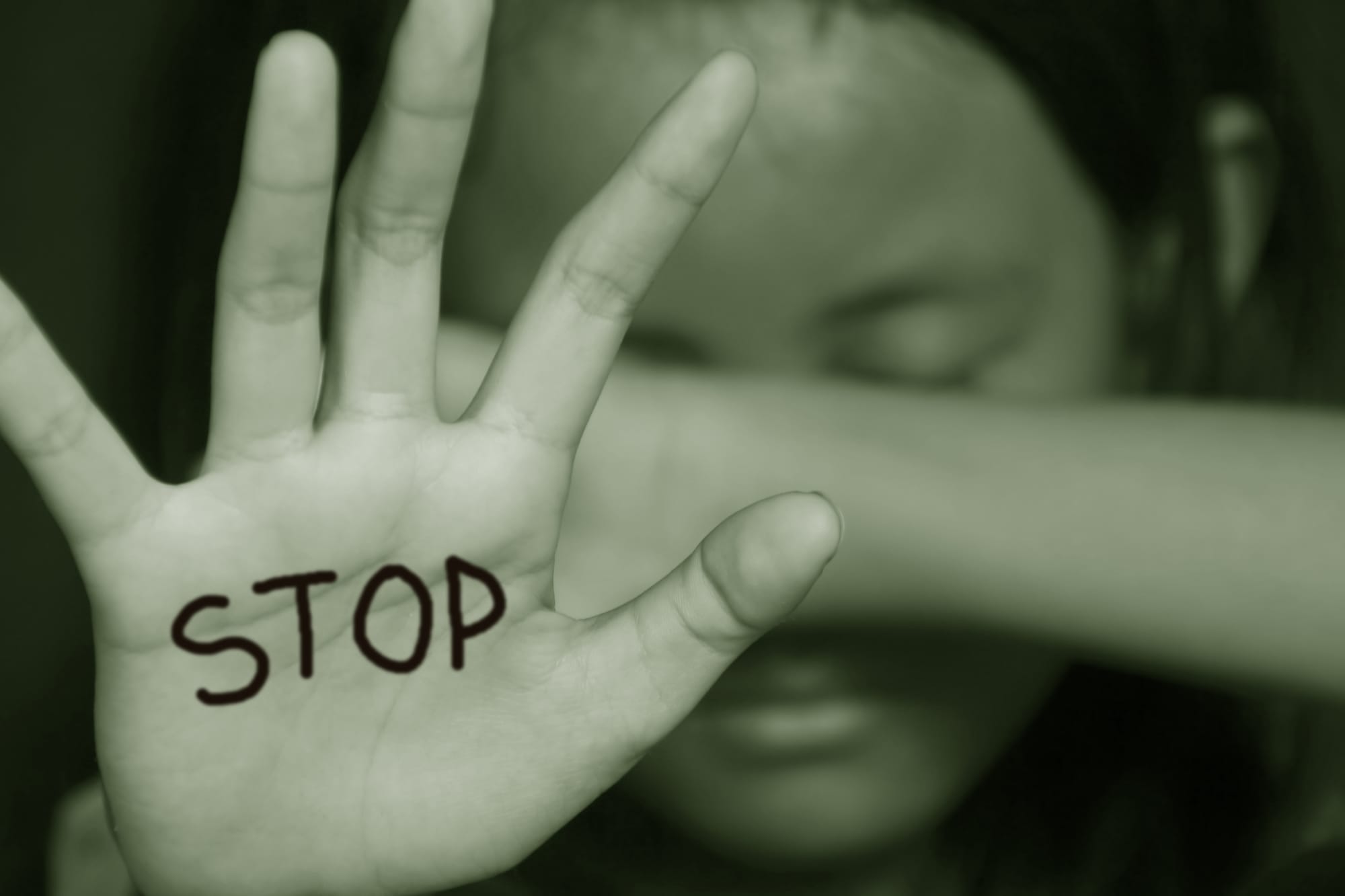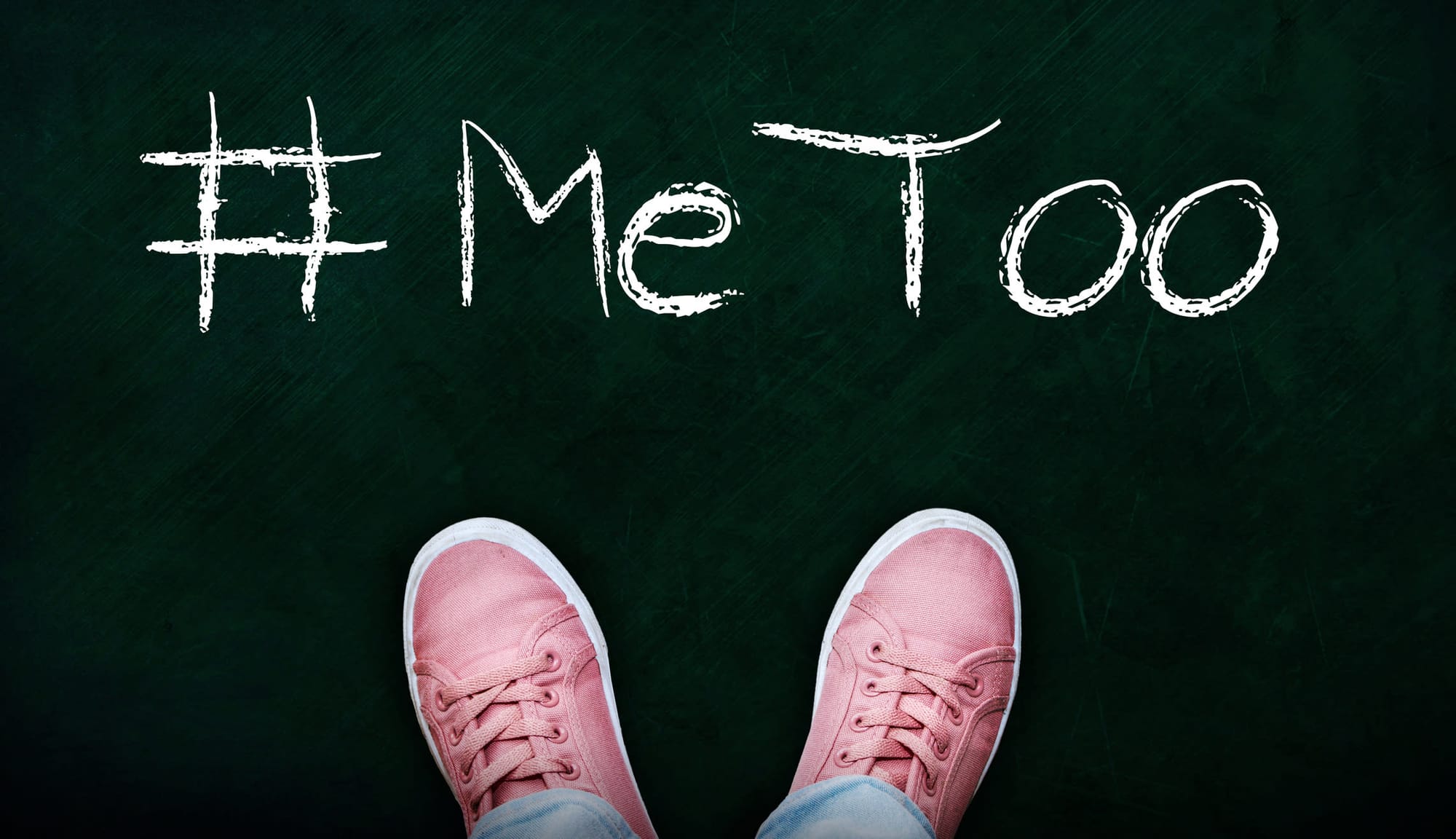
When actress Alyssa Milano took to Twitter with the #MeToo hashtag, in an attempt to draw attention to sexual assault and harassment accusations against media mogul Harvey Weinstein, she reignited a social revolution that, a year on, shows no signs of slowing down. Nor should it.
The torrential outpouring of these cases, both from people of profile and the everyday person, has laid bare the widespread issue of sexual harassment and sexual assault, irrespective of industry, background or, indeed, nation.
For many victims of sexual assault and harassment, this movement has provided release from the shackles of shame that, in some cases, has cost them their livelihood and sense of humanity. In doing so, the #MeToo platform has empowered these individuals to engage in truth-telling, either with the people around them or the world at large, to seek relief and, in many instances, achieve justice.

Pertinently, the #MeToo movement has also created an appetite for systemic change. In June, Sex Discrimination Commissioner Kate Jenkins announced a national inquiry into sexual harassment in Australian workplaces that sends a strong signal to captains of industry that tackling this issue is a business, as well as a moral imperative.
The findings from an initial survey, released on September 12, paint a shocking picture, confirming that workplace sexual harassment is widespread in Australia, and that it's on the rise.
Prolific journalist Tracey Spicer has initiated the NOW campaign to help raise funds for victims of sexual assault, and engage in advocacy for policy reform. This campaign has already begun to unearth Australia’s own ‘Pandora's box’ of notable entertainment personalities engaging in grossly inappropriate conduct.
And well before the meteoric rise of the #MeToo campaign, Australian universities have since 2016 been leading a comprehensive program of works to eliminate sexual assault and sexual harassment from their campuses, under the united banner of Respect. Now. Always.
Universities not immune from #MeToo
Though there are significant cultural, financial and structural differences between Australian universities and their US counterparts, the contribution of critically acclaimed documentary The Hunting Ground played a pivotal role in raising the profile of issues of sexual assault and sexual harassment in a university setting.
Since the release of The Hunting Ground, universities have experienced intense public scrutiny around how they've responded to these issues on their campuses. From the role of alcohol at student parties, through to relationship boundaries between academic supervisors and students, a vast range of issues has occupied the focus of university leaders and their communities.
Moreover, Universities Australia commissioned a national study, conducted independently by the Australian Human Rights Commission, which put numbers to the stories of sexual harassment and sexual assault previously raised by students, and importantly, a landmark set of recommendations to drive further change within these settings.
All 39 universities around the country immediately accepted the report’s findings, committing to implementing the recommendations, ranging from investing in consent education and respectful relationships programs, to undertaking an evaluation of all policies and response measures in place when students wish to make a complaint.
By and large, universities around the country have invested significant time, energy and resources in driving progress on sexual harassment and assault. Matching practical action with rhetoric from university vice-chancellors, and drawing on the expertise of those in the wider community tackling these issues, universities are to be commended for not standing still.
While much of the focus of this work has been in relation to responding to issues of sexual harassment and assault once it's occurred, and in building the capability of students and staff to engage in appropriate interpersonal conduct, to truly drive deep and lasting change, greater effort needs to be directed towards preventing these issues from arising in the first instance.
Important to this pursuit is enshrining and advancing gender equality within the university setting.
Prevent, not just respond
Primary prevention addresses the root cause of sexual and gendered violence, in directly redressing gender inequality. The ecological model of prevention recognises there are four levels of risk factors to sexual and gendered violence, and therefore four levels of influence:
Individual
Includes biological and personal history factors that may make an individual more likely to perpetrate or be a victim of sexual violence. This encompasses factors such as education and history of violence, including substance abuse.
Relationship
The intimate relationships, including between partners, peers and family, and the risk these can play in increasing victimisation and perpetration; and the important role these relationships can play in shaping our actions and behaviours.
Community
The community in which our social relationships exist, including schools, clubs and workplaces, and examining the characteristics (for example, high population density or social isolation) within these communities that can heighten risk of perpetration or victimisation.
Societal
Encompasses the social norms that support rape culture, victim-blaming attitudes and the broader condoning of violence in our society at large.
Adopting this public health approach to violence prevention within the university setting highlights the important role of every member of the university community – be it staff or students – in ending sexual and gendered violence.
Monash University’s Respectful Communities Unit, situated within the Campus Community Division, is working towards such a model, bringing together the work being done within the University and outside to ensure a broad influence of change.
There's incredible work being done in primary prevention, from the Faculty of Arts’ Gender and Family Violence unit through to the Monash Sustainable Development Institute, and many others. Fostering collaboration between areas such as the Respectful Communities Unit with the expertise afforded through the areas mentioned above is key to prevent sexual and gendered violence.
In 2019, Monash will launch a series of programs for students directly working to prevent sexual and gendered violence. One such evidence-based initiative is the Enhanced Assess, Acknowledge, Act (EAAA) Sexual Violence Resistance Program, a 12-hour course delivered in four sessions for female-identifying students.
This program has been rigorously evaluated, with findings published in the New England Journal of Medicine, demonstrating women who go through the program are 46 per cent less likely to have experienced completed rape and 63 per cent less likely to have experienced an attempted rape in the year following the intervention.
Women who experience a sexual assault following their participation in the program are also less likely to blame themselves than women who have not attended EAAA. These positive outcomes have been shown to continue for at least two years. Monash will be the first Australian university to implement this groundbreaking program.
Primary prevention is not a concept exclusive to tackling issues of sexual assault and sexual harassment. It's a tested, tried, and tested-again framework that has seen the achievement of substantive societal progress from issues as diverse as road safety (let us not forget the simple yet fundamental introduction of seat belts) to tackling obesity.
With imaginative and evidence-based approaches, centred on the primary objective of gender equality, and in permeating all university interactions and behaviours, a future of the absence of sexual assault and sexual harassment may indeed be possible.
Former Monash University staff member Minto Felix was a co-author of this article.





